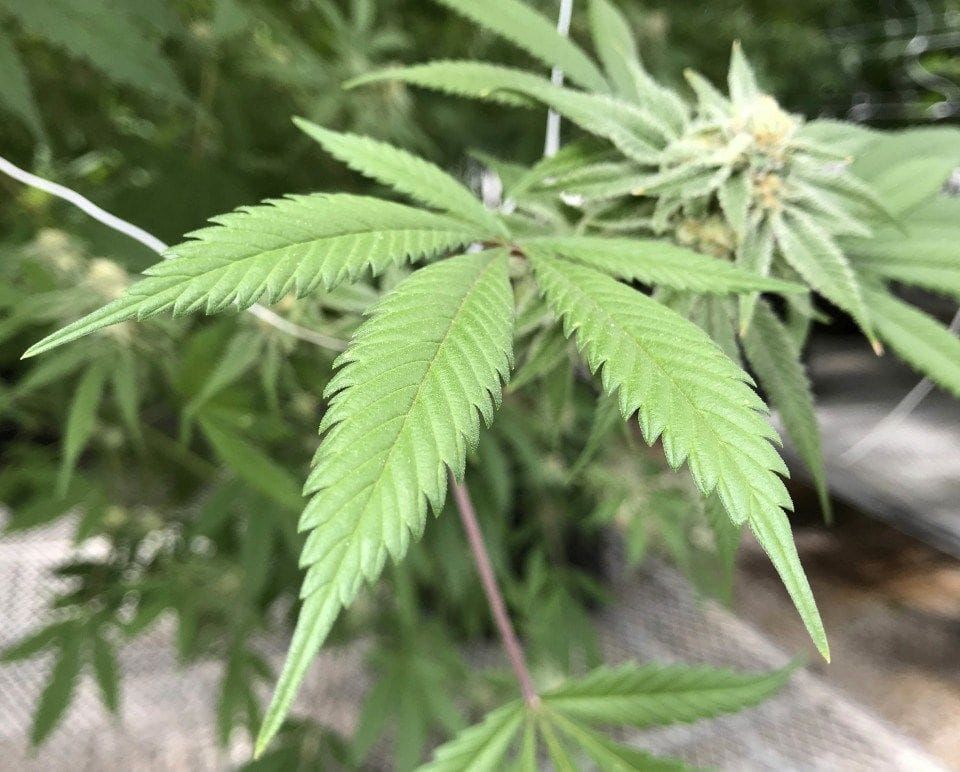Judge won’t unseal cannabis documents
Published 6:30 am Friday, February 10, 2023
ATLANTA — A look into the Georgia cannabis commission’s criteria for selecting medical cannabis licenses is still encountering roadblocks as a judge denied a motion to unseal the commission’s records.
Upon the request by the Georgia Access to Medical Cannabis Commission, Administrative Law Judge Stephanie Howells in June ordered that the Commission’s matters be designated confidential.
Any documents submitted or filed, any transcripts, or recordings are not subject to the Georgia Open Records Act and therefore will not be publicly disclosed,” her order concluded.
In a Feb. 9 order, Fulton County Superior Court Rachel Krause upheld Howells’ decision in response to the Georgia First Amendment Foundation’s request to amend Howells’ order and unseal the records.
GFAF argued in a Jan. 6 hearing that the records should be subject to the Open Records Act. An attorney for GFAF said the significant public interest should be considered when sealing records, especially for an issue as important as medical marijuana, which more than 25,000 patients are on the state’s registry to receive.
The Hope Act, approved by state lawmakers in 2019, created the Georgia Access to Medical Cannabis Commission, which was authorized to issue licenses to six companies for the growing, manufacturing and dispensing of low THC oil in Georgia.
An estimated 70 companies applied, and the commission issued tentative licenses to six companies last year, which resulted in a lawsuit from some unsuccessful candidates alleging unfair and inconsistent scoring from the Commission in its decision-making process.
GFAF said Howells’ ruling conflicted with Uniform Superior Court Rule 21, which states “all court records are public and are to be available for public inspection unless public access is limited by law or by the procedure” set forth in subsequent sections of the rules.
Rule 21 of the Uniform Superior Court Rules does not apply because the bid protests are neither pending in Superior Court nor are they ‘court records’ within the meaning of that rule,” Krause said in her motion to deny unsealing the records.
Krause also concluded that Georgia’s Administrative Rules of Procedure for open records do not apply to the cannabis commission’s bid procedures since it states administrative proceedings may be deemed unavailable to the public when there is a “law according confidentiality,” she stated.
Krause concluded that confidentiality provisions in the bid protest rules do not apply to the public or the media, but rather to “interested applicants,” defined as “an actual or prospective applicant with a direct economic interest in the procurement of a Class 1 or Class 2 production license,” per the cannabis Commission’s post-award process procedure.
”As written, the confidentiality provisions of the Hope Act will ultimately harm medical cannabis patients,” said J{span}oy Ramsingh on behalf of the GFAF, in response to Krause’s decision. “Providing blanket secrecy may offer ideal protection for these financially motivated companies, but it does nothing to assure patients of the quality of the healthcare they’ll receive under this new law.”
The Georgia House Judiciary Non-Civil Committee voted Feb. 8 to advance HB 196, which its sponsor, Republican Alan Powell, hopes will speed up medical cannabis production in Georgia by appeasing the medical cannabis applicants who filed the lawsuit.
The bill, if approved, would allow the Commission to award up to eight more licenses by July 31: Four more Class I licenses that allow growing, cultivating and manufacturing THC oil in an indoor space no more than 10,000 square feet; and up to five more Class II licenses, which allow up to 50,000 square feet on indoor space for growing, cultivating and manufacturing low THC oil.
Last year, the Commission issued two Class I licenses and four tentative Class II licenses. The tentative licenses are still on hold as the lawsuits are underway.
HB 196 would make the Commission subject to the to Administrative Procedure Act and laws governing open meetings and open records, and establishes a legislative oversight committee. The legislative oversight committee would look into and review the operations of the Georgia Access to Medical Cannabis Commission and “conduct any independent audit or investigation of the commission that it deems necessary,” the proposal states.
”We commend and welcome any efforts by the legislature to correct the errors that led to these unforeseen consequences,” Ramsingh said.
“It’s clear that many lawmakers did not anticipate the devastating effect of this broad confidentiality language, and we are hopeful that they will restore public trust by amending the offensive provisions of the law.”





